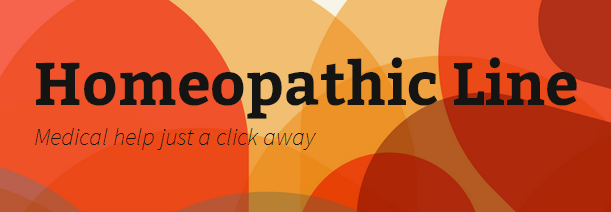Schisandra chinensis
Berries from the plant (Schisandra chinensis) have been one of the primary medicinal agents of Chinese herbal medicine since antiquity. The first recorded use of schisandra is found in China's earliest text of herbal medicine, the Divine Husbandman's Classic of the Materia Medica, which is believed to have originated in the first century B.C. In this text, schisandra is said to "prolong the years of life without aging," and it is also said to increase energy (called "qi," pronounced "chee"), suppress cough, treat fatigue, and act as a sexual tonic. In Traditional Chinese Medicine (TCM), schisandra berries have been used predominantly for the lungs and kidneys as an astringent tonic to arrest mucous discharges, alleviate spontaneous sweating, and check urinary and reproductive secretions such as in urinary incontinence.
• ADAPTOGENIC - Schisandra's traditional use as a tonifier in TCM led to research for this effect, predominantly in the former Soviet Union, where it was defined as an "adaptogen." Adaptogens are substances believed to reinforce the non-specific resistance of the body against physical, chemical, or biological stressors. Primarily, they are considered to enhance the body's general physiological adaptive responses. Schisandra is promoted for its stimulating effects on the nervous system without being excitatory like amphetamine or caffeine. It is suggested that the higher the degree of exhaustion the greater is the stimulating effect. Research also indicates that Schisandra stimulates the central nervous system, possibly by increasing dopamine and its metabolites in the striatum and hypothalamus.
• ANTI-FATIGUE - Laboratory work suggests that Schisandra may improve work performance, build strength, and help to reduce fatigue. Preliminary studies suggest that schisandra or its extracts might increase stamina and speed and improve mental concentration. It stimulates the nervous system by increasing the speed of nervous responses, leading to quicker and stronger reflexes.
• MENTAL FUNCTION - Uncontrolled trials indicate that Schisandra might increase mental efficiency in humans. Schisandrin (5-10 mg) improved concentration, fine co-ordination, sensitivity and endurance in healthy young male adults as assessed by needle threading, telegraphic reception/transmission and marathon running. Schisandra was also said to improve vision and hearing, enlarge the visual field, improve adaptation to the dark and increase the discrimination of skin receptors (the latter due to a CNS effect rather than at the skin receptors).
• IMMUNE SUPPORTIVE - Research has reported that a lignan component of Schisandra fruit suppresses the arachidonic acid (AA) cascade in macrophages. The AA cascade pushes the production of leukotrienes, which may play a role in inflammatory diseases. By inhibiting this inflammatory response, Schisandra both protects the liver and stimulates the immune system - two key roles of an ideal adaptogen.
• LIVER PROTECTIVE - The major active compounds in schisandra are lignans (schizandrin, deoxyschizandrin, gomisins, and pregomisin) found in the seeds of the fruit. Modern Chinese research suggests these lignans have a protective effect on the liver and an immuno-modulating effect. At least two human studies in China, one controlled and the other open, have shown that schisandra can help people with hepatitis. In China, crude schisandra berries, their preparations, and individual constituents are widely used for progressive hepatic degeneration due to viral hepatitis or chemical challenge--indications for which schisandra is well documented. Part of how schisandra lignans appear to protect the liver is by activating the enzymes in liver cells that produce glutathione, an important antioxidant substance.
Potential applications
• adrenal stress,
• exhaustion,
• kidney and lung astringent - useful for coughs,
• central nervous system (CNS) depression,
• liver disorders / detoxification,
• common cold/sore throat,
• infection,
• insomnia,
• stimulate breathing,
• decrease blood pressure,
• act as a vasodilator (causing blood vessels to dilate),
• improve blood circulation,
• improve heart function,
• strengthen uterine contractions,
• improve vision,
• normalize blood sugar levels, and
• assist in food digestion and absorption of nutrients.
• may be useful in sports performance.
Known contraindications
Not recommended for use during pregnancy and lactation. Avoid use in those with epilepsy, severe hypertension, or high intracranial pressure.








